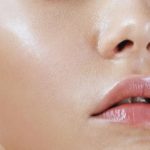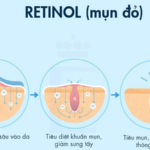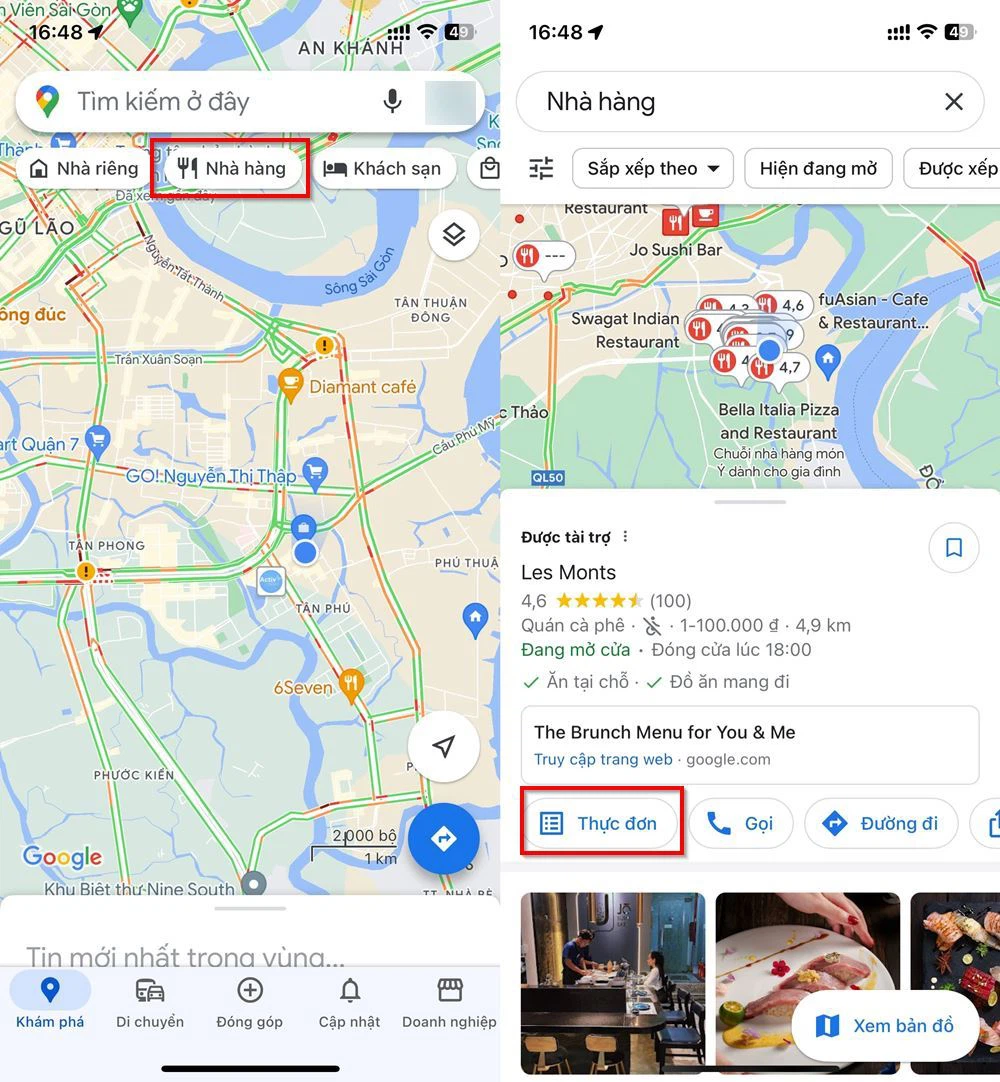Many individuals have likely encountered the ingredient propylene glycol in moisturizing products. Today, we will explore more about this ingredient in the following article.
1 What is Propylene Glycol? Chemical Structure
Propylene Glycol is derived from petroleum and is produced through the Propylene Oxide Hydration process. It consists of two hydroxyl groups (-OH). This active ingredient is a viscous, almost colorless, and nearly odorless liquid. It is considered a synthetic alcohol that can dissolve completely in water.
Aside from the name Propylene Glycol, this ingredient also goes by many other names, such as 1,2-Propanediol, Propane-1,2-diol, 1,2-dihydroxypropane, 2-hydroxypropanol, 1,2-Propylenglykol, Prophylenglycol, methylethyl glycol, methyl glycol, methylethylene glycol, monopropylene glycol, and isopropylene glycol.
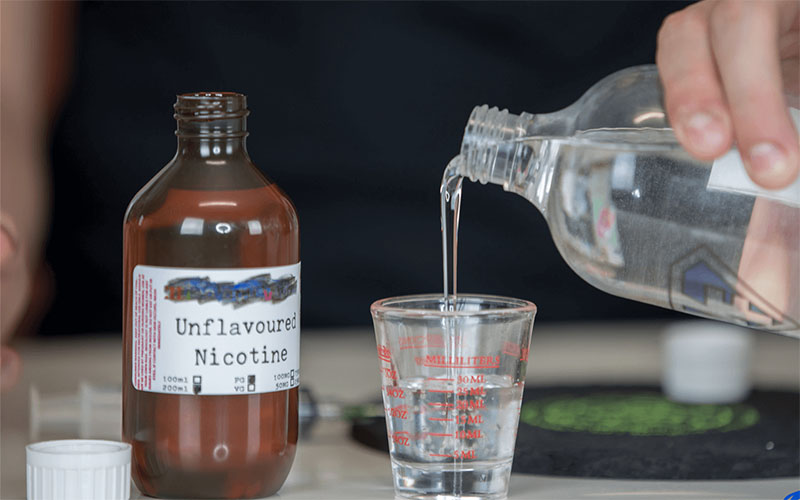 Propylene glycol active ingredient
Propylene glycol active ingredient
This ingredient is commonly found in various products, including perfumes. According to the US FDA, propylene glycol has been approved as a safe additive for use in beauty products and food flavors.
2 Mechanism of Action of Propylene Glycol
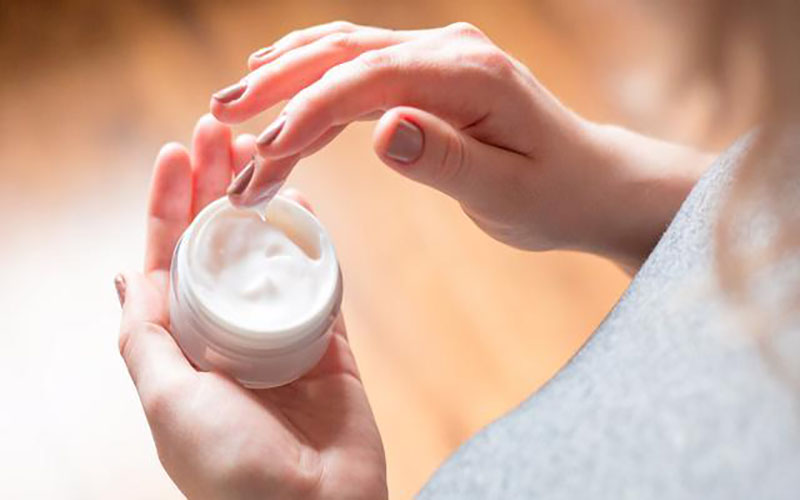 Propylene glycol quickly permeates deeply from the inside
Propylene glycol quickly permeates deeply from the inside
Propylene glycol works by absorbing water to provide moisture to the skin. It has a high permeability rate and can penetrate deeply into the middle and lower layers of the skin, effectively moisturizing it. As a result, propylene glycol is present in over 98% of externally applied skincare products.
3 What are the Effects of Propylene Glycol in Cosmetics?
Water Absorption
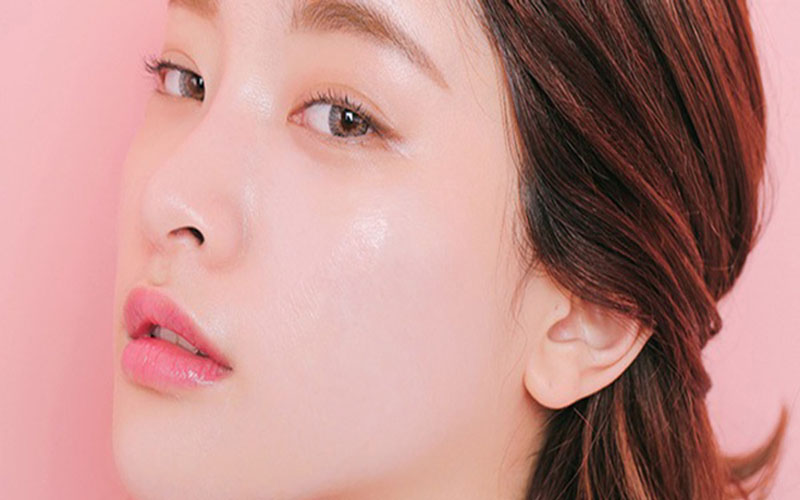 Propylene glycol moisturizes the skin
Propylene glycol moisturizes the skin
Propylene glycol acts as a low-concentration moisturizer. It releases an adequate amount of water to moisturize and soften the skin, particularly dry and peeling skin.
Moisturizing the Skin
Propylene glycol is one of the three humectants used for moisturizing in products. It serves as a solvent in cosmetics. Despite its slightly viscous liquid structure, it provides a silky sensation instead of a sticky one when applied.
Reducing Signs of Aging
Regular moisturization is crucial to prevent dryness and peeling, which can lead to the appearance of aging signs. Propylene glycol helps regenerate the skin by increasing moisture on the skin surface. This slows down the aging process and prolongs a youthful appearance.
Preventing Water Loss
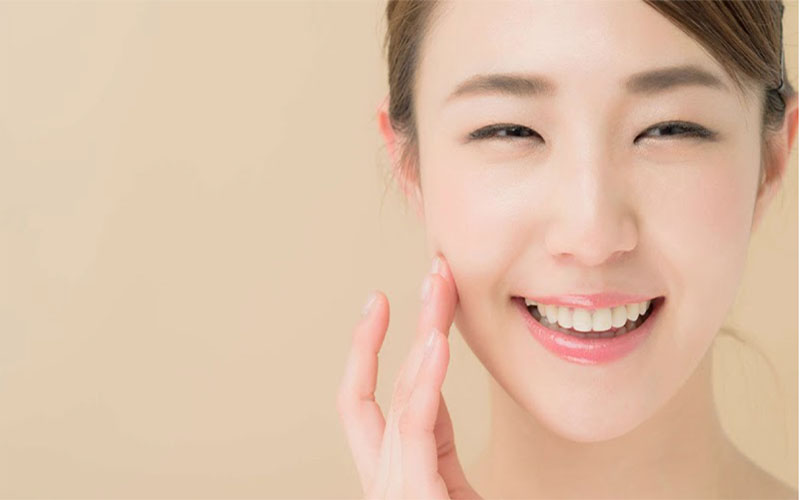 Propylene glycol gives you smooth, healthy skin.
Propylene glycol gives you smooth, healthy skin.
The hydroxyl groups (OH) retain water on the skin, preventing water loss, and providing a smooth and healthy complexion.
Improving the Condition of Acne
In addition to its effective moisturizing properties, propylene glycol aids in healing acne scars and possesses effective antibacterial properties. Its fast permeability from the inside gives a refreshing, non-sticky sensation, reduces clogged pores, and improves acne conditions.
Enhancing the Effects of Cosmetics
With its ability to dissolve difficult-to-dissolve substances in water, propylene glycol assists in spreading and deep skin penetration of these ingredients. This enables the skin to effectively absorb the benefits of cosmetics.
4 Precautions when Using Cosmetics Containing Propylene Glycol
Although verified by the Food and Drug Administration (FDA) as a safe active ingredient, it is recommended to avoid direct contact of propylene glycol with the skin, especially damaged skin areas, according to the Material Safety Data Sheet (MSDS).
In addition, individuals with eczema have a higher risk of allergic reactions to propylene glycol. Before using products containing this ingredient, it is advisable to perform a patch test by applying a small amount on the hand. If any redness or allergic reaction occurs, discontinue use.
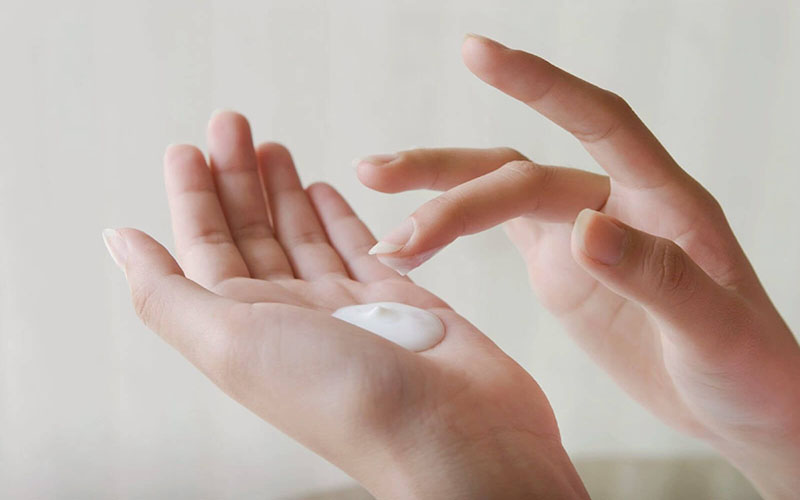 Apply a little bit on your hand to test before using it on your face
Apply a little bit on your hand to test before using it on your face
Furthermore, since propylene glycol enhances the effects of cosmetics, the use of harmful products may lead to increased irritation. Therefore, it is essential to carefully check and test products containing propylene glycol on the forearm to prevent allergic reactions and other adverse skin reactions.
5 Questions about Propylene Glycol
Is Propylene Glycol harmful?
The Food and Drug Administration (FDA) regards Propylene Glycol as a safe active ingredient for our bodies. According to the WHO, the acceptable daily intake of Propylene Glycol in the diet is 25mg per kilogram of body weight.
In the environment, Propylene Glycol easily decomposes within a few days without posing any hazards.
Can Propylene Glycol be used by pregnant women?
Using cosmetic products containing Propylene Glycol during pregnancy can pose risks to both the mother and the fetus since it is derived from petroleum. Pregnant women should opt for products from natural sources that are free of preservatives for utmost safety!
 Pregnant women should not use products containing propylene glycol
Pregnant women should not use products containing propylene glycol
These are detailed discussions about propylene glycol. We hope this information helps you gain a better understanding of this active ingredient and the benefits it provides.

























